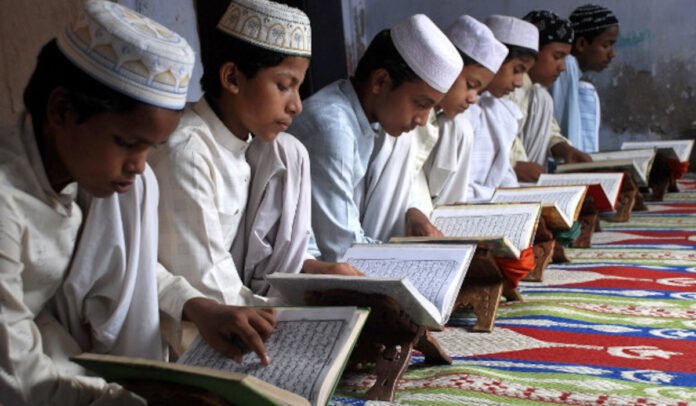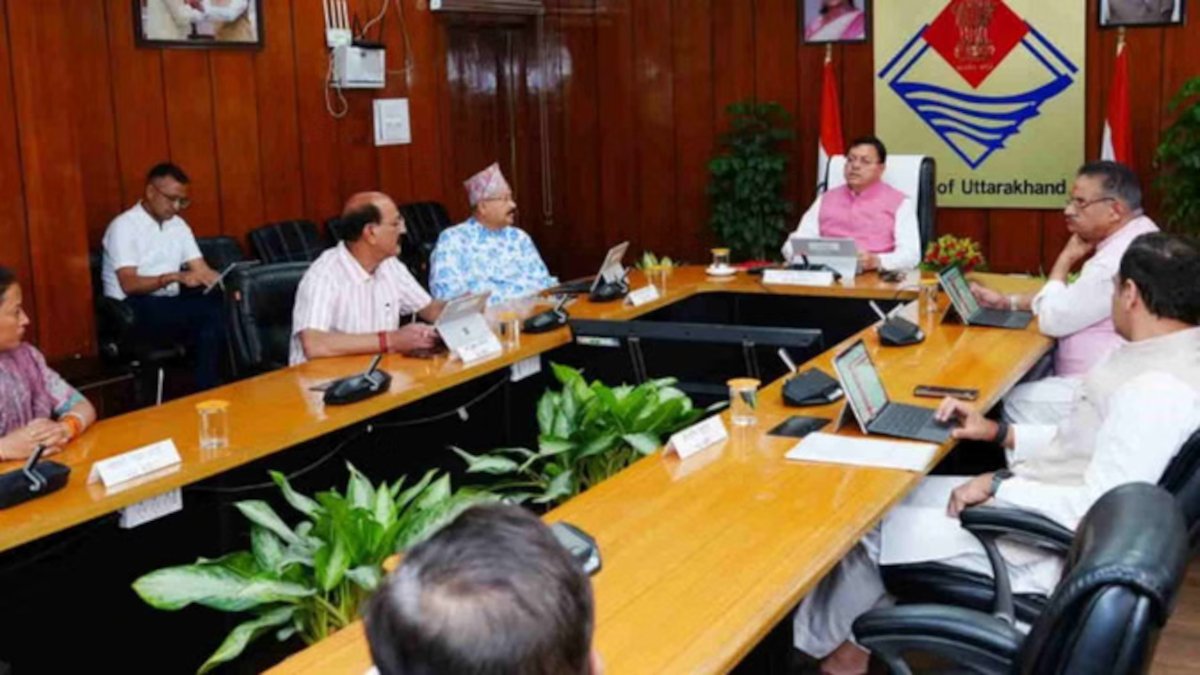The Uttarakhand government has introduced the Minority Educational Institutions Bill, 2025, which seeks to abolish the existing Madrasa Education Board and extend state educational benefits to minority communities beyond Muslims. The move is being positioned as a step toward inclusivity, but it has already sparked debate over its wider political and constitutional implications.
Key Provisions of the Bill
According to officials, the Bill proposes:
-
Dissolution of the current Madrasa Board, which exclusively governed Muslim minority institutions.
-
Formation of a new Minority Education Authority, tasked with overseeing schools and colleges belonging to all minority groups, including Christians, Sikhs, Buddhists, and Parsis.
-
Extension of financial assistance, infrastructure support, and recognition benefits uniformly across minority-run institutions.
-
Ensuring accountability and transparency through a modernised regulatory framework.
Government’s Position
State Education Minister stated that the Bill is aimed at “ending discrimination within minority education policies” and ensuring all recognised minorities receive equal treatment. He emphasised that while madrasas would continue to function, they would now fall under the broader framework rather than having a separate board.
“The objective is fairness. All minority communities must benefit from the same schemes. This is about providing equal opportunities, not exclusion,” he said.
Political and Social Reactions
The move has triggered mixed responses. Supporters argue that it corrects an imbalance where only one community had a dedicated board, while others were left out. Critics, however, view the dissolution of the Madrasa Board as an attempt to weaken traditional Islamic educational structures.
Opposition parties have demanded clarity on how madrasas will be regulated under the new framework and whether their cultural autonomy will remain intact. Civil rights groups have also raised concerns about the Bill’s compatibility with Articles 26 and 30 of the Constitution, which guarantee minorities the right to manage their own educational institutions.
Broader Context
Uttarakhand has around 1,800 registered madrasas, many of which depend on state recognition for funding and certification. By bringing these institutions under a common umbrella authority, the government hopes to streamline oversight and improve educational standards.
At the same time, the reform signals the state’s attempt to balance cultural identity with broader policy goals, particularly in a region where minority populations, though small, play a significant role in educational and social sectors.
The introduction of the Minority Educational Institutions Bill, 2025 marks a bold policy shift in Uttarakhand’s education landscape. While the government frames it as a step toward inclusivity and equal opportunity, its success will depend on how effectively it safeguards cultural rights while enforcing a uniform regulatory structure.



























